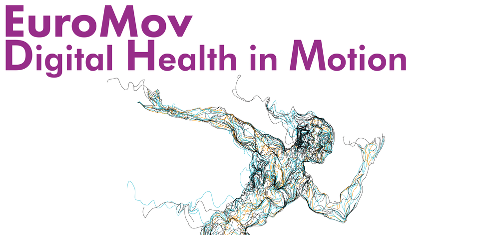Impact of group synchrony, postural stability and agency on cybersickness symptoms
Résumé
Virtual Reality (VR) is a developing technology for computer-mediated communication (CMC). Nevertheless, challenges remain that are impeding the adoption of VR for social interactions such as cybersickness, characterized by symptoms like motion sickness, such as nausea, dizziness, and eyestrain. According to the postural instability hypothesis (Riccio & Stoffregen, 1991), cybersickness could result from postural instability due to alterations of postural control. Therefore, greater postural instability increases the likelihood and severity of motion sickness. Interestingly, postural stability is often studied in single participants, yet, a few studies suggested that intentional social synchronization leads to greater postural stability. Consequently, group synchrony, characterized by the temporal coordination of movement between individuals, could increase postural stability and, therefore, reduce cybersickness.
The present study investigated this hypothesis by conducting a study in VR setting exploring the role of intentional group synchronization on postural stability and cybersickness symptoms. Groups of participants (7 triads) completed oscillatory movements with their right arm in SOLO, TOGETHER and SYNCHRO conditions, manipulating visual coupling and synchronization instructions. Between experimental blocs, participants completed the Simulator Sickness Questionnaire (SSQ, Bouchard et al., 2007) and the Sense of Agency Scale (SoA, Hurault et al., 2020).
This study replicated previous findings showing the impact of visual coupling and instructions to synchronize on group synchrony (Alderisio et al., 2017; Bardy et al., 2020). Furthermore, this study expanded previous findings observed in dyads, showing (ii) an impact of group synchrony on postural stability (Gueugnon et al., 2016; Varlet et al., 2011). However, there was no impact of synchrony or body sway on cybersickness symptoms but an association between the sense of agency and cybersickness, suggesting that the successful binding of actions and their consequences could prevent the occurrence of cybersickness symptoms.
To conclude, this exploratory study did not confirm the postural stability hypothesis but suggested that synchronized social interactions in a VR environment do not generate cybersickness symptoms. Instead, synchrony could stabilize postural coordination through interpersonal influences, paving the way for social interventions in clinical populations.
| Origine | Fichiers produits par l'(les) auteur(s) |
|---|---|
| licence |


